Daimler Truck is using flexible assembly, inbound electric trucks and clean manufacturing to make the long-haul Mercedes-Benz eActros 600 at its Wörth plant in Germany.
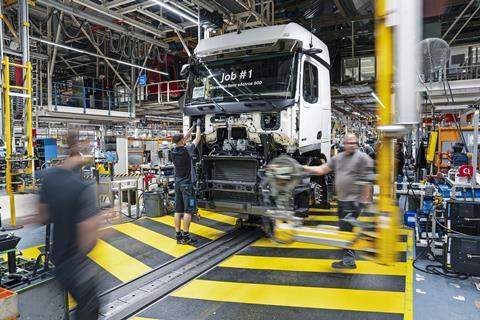
Daimler Truck has started production of the Mercedes-Benz eActros 600 electric truck at its assembly plant in Wörth, Germany, with parts supply inbound from its components plants in Gaggenau, Kassel and Mannheim. It is the third etruck going into series production at Wörth.
The eActros 600 is aimed at long-distance haulage and has a high battery capacity of more than 600 kWh and is able to cover more than 500km daily without intermediate charging.
“Long-haul transport accounts for around two thirds of CO2 emissions in the transport industry,” said “Dr Andreas Gorbach, member of the Board of Management responsible for Truck Technology at Daimler Truck. “Our Mercedes-Benz eActros 600 will play a key role in the decarbonisation of this important segment – thus, the start of production is an important milestone for us and our customers.”
The eActros 600 will be manufactured on the existing assembly line of the Wörth A-series production, alongside the diesel-powered trucks. Inbound parts are delivered by inbound transport providers from Daimler Truck’s three components plants. Mannheim is assembling of the front box, the Gaggenau plant is producing transmission components such as shafts and wheels, as well as housing parts, and body shell components, and assembly of the new generation of the e-axle is carried out at the plant in Kassel. In some cases, those transport providers are using etrucks to deliver the parts to Wörth.
Jürgen Distl, head of Mercedes-Benz Trucks Operations, said the plant was embracing electrification beyond the trucks being made there. “We’re tackling the transformation at all levels of our production network, including in the area of CO2-neutral production and our own supply chain. We are already being supplied by electric trucks today, and the complete electrification of delivery traffic into the Wörth plant is scheduled to take place by the end of 2026; the eActros 600 will play a decisive role in this.”
Daimler Truck is also decarbonising production of these vehicles by purchasing CO2-free electricity from solar, wind and hydropower, as well as by purchasing compensation certificates. The truckmaker is also promoting its own generation of energy for production onsite, including through the use of photovoltaic systems. In addition, in 2023, Daimler Truck founded the joint venture WärmeWerk Wörth together with EnBW and the city of Wörth am Rhein to research a climate-neutral energy supply to the Wörth plant and the city of Wörth am Rhein through geothermal energy.



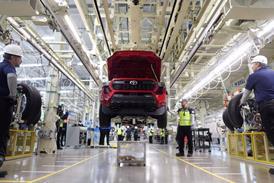








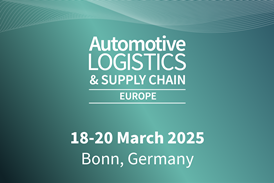



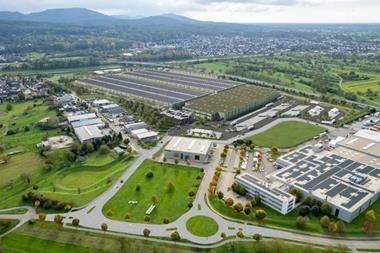

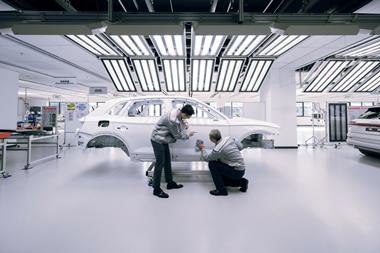
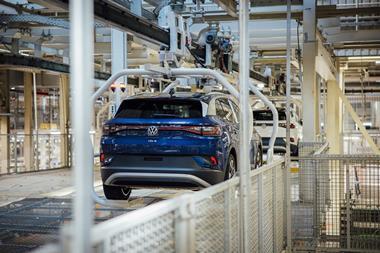


No comments yet